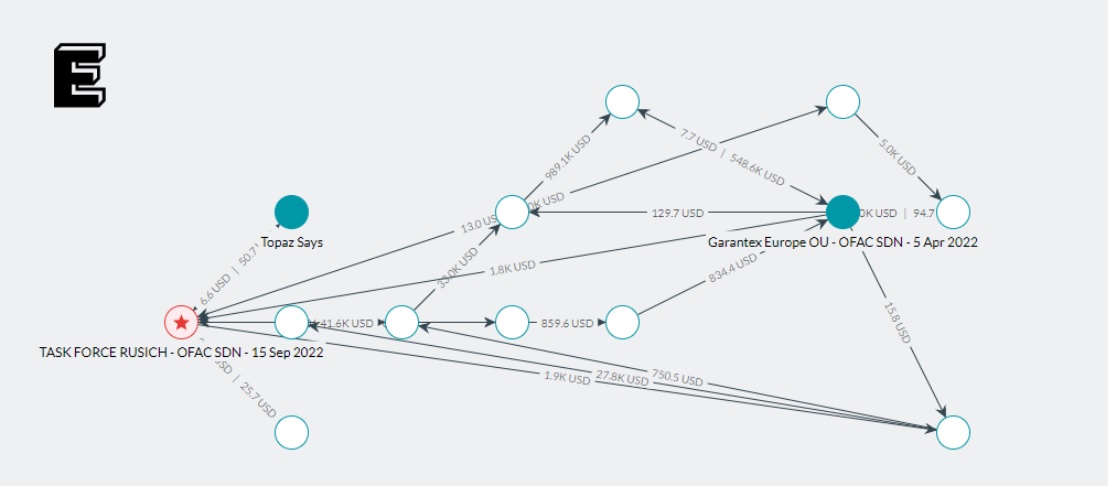Estonia’s previously lax requirements for crypto businesses seeking to provide EU-licensed services, turned the small Baltic nation into a “hub of financial crime,” according to research conducted by Vsquare, a network of media outlets focused on cross-border investigations in Central Europe.
The journalists said this week they had analyzed nearly 300 of these companies and found dozens of cases of fraud, money laundering, and sanctions evasion as well as illicit financing of criminal and paramilitary organizations such as those participating in the bitter conflict in Ukraine.
Authorities in Tallinn introduced a crypto-friendly licensing system in 2017 to attract businesses dealing with digital assets and over the past several years the number of licensed entities in the sector exceeded 1,600. But over a third of them used the services of just three company formation agencies.
These agencies offered local specialists for the roles of anti-money laundering (AML) officers and executives. Among them, a taxi driver in debt, a welder banned from welding, a jobless plumber, and a person living in a state-funded home who were collectively responsible for more than 60 crypto firms.

Crypto platforms mentioned in the report. Source: Vsquare
According to the report, such “Estonian” companies, which hired actors and created fake profiles, had links to Russia’s intelligence services and its sanctioned banks, and were behind dozens of cases of international fraud causing estimated damages of over €1 billion (approx. $1.06 billion).
The examples provided in the article include that of Cyfroncapital OÜ, a firm owned by Kirill Doronin, the mastermind of the large Russian crypto pyramid Finiko, which had a valid Estonian crypto license for almost three years, until July 2022. Cyfron developed the mobile app of the Ponzi scheme.
According to blockchain forensics company Chainalysis, funds collected by Finiko were laundered through Garantex, a cryptocurrency exchange with offices in Moscow which was operated by the Estonia-registered entity Garantex Europe OÜ.
Sanctioned by the U.S. Treasury Department’s Office of Foreign Assets Control (OFAC) in April 2022, Garantex was also used to raise funds for Rusich, a paramilitary unit fighting in Ukraine under the command of the Russian mercenary group Wagner, according to crypto analytics firm Elliptic.

Source: Elliptic
“Donating money to this kind of organization via the traditional banking system would be very difficult, because of the tight money laundering regulations and SWIFT sanctions against Russia,” say the authors of the study conducted by Vsquare and its partners in several EU member states.
However, only a few years ago Estonia’s banking sector was at the heart of a massive money laundering scandal with authorities in Europe and the U.S. investigating the transfer of $150 billion from Russia and other former Soviet states through accounts at Danske Bank’s Estonian branch. Besides Denmark’s largest bank, banking giants Citigroup and Deutsche Bank were also reportedly implicated.
Since Estonia tightened its rules for the industry with amendments to its Money Laundering and Terrorist Financing Prevention Act which came into force in March 2022, many crypto companies have lost their licenses and moved to other European jurisdictions like neighboring Lithuania — this Baltic nation is now home to over 800 firms working with digital assets.
免责声明:本文章仅代表作者个人观点,不代表本平台的立场和观点。本文章仅供信息分享,不构成对任何人的任何投资建议。用户与作者之间的任何争议,与本平台无关。如网页中刊载的文章或图片涉及侵权,请提供相关的权利证明和身份证明发送邮件到support@aicoin.com,本平台相关工作人员将会进行核查。




